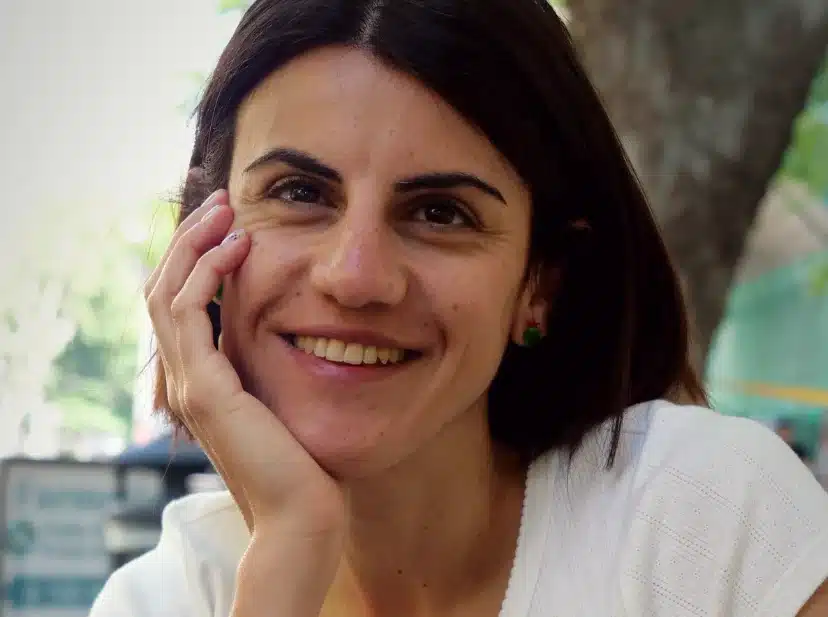“Avere” means “to have” and is an essential verb used in various contexts to indicate possession, states, feelings, and more. It’s also an irregular verb, meaning that it doesn’t follow the regular conjugation pattern of most verbs, and you’ll need to memorize the conjugation for the present tense.
Conjugation of avere (present tense)
| Present Simple | English (in a statement) | English (in a question*) |
| Io ho Tu hai Lui/Lei ha Noi abbiamo Voi avete Loro hanno | I have You have He/She/It has We have You (all) have They have | Do I have? Do you have? Does he/she/it have? Do we have? Do you (all) have? Do they have? |
Questions : English vs. Italian
In English, to ask a question, we often have to use auxiliaries like “do,” “does,” or “did” (for example, “Do you have a bike?”). In Italian, however, questions do not require an auxiliary verb. They are typically formed just like statements. The only difference between a statement and a question in Italian (besides a question mark) is that the pitch of your voice rises toward the end of a question.
- Do you have a bike→ Hai una bicicletta?
- Do they have a house in Italy? → Hanno una casa in Italiana?

Test Your Italian
Not sure what your Italian level is?
I’ve created a free online Italian test to help you determine it.
Ce l’ho: what does it mean?
It means ‘I have (something),’ but ONLY as a response to a question starting with ‘Do you have (something)?’
- Hai una macchina? (Do you have a car?) – Sì, ce l’ho. (Yes, I do[have one].)
- Hai una bicicletta? (Do you have a bicycle?) – Sì, ce l’ho. (Yes, I do[have one].)
In these cases, ‘ce l’ho’ can be used to mean both ‘I have (the thing in question)’ and ‘I do’ when responding to questions about possession.
Common useful expressions with avere
| Italian | English |
|---|---|
| avere sete | to be thirsty |
| avere fame | to be hungry |
| avere … anni | to be … years old |
| avere bisogno di | to be in need of |
| avere caldo | to be hot |
| avere freddo | to be cold |
| avere paura di | to be afraid of |
| avere sonno | to be sleepy |
| avere fortuna | to be lucky |
| avere successo | to be successful |
| avere voglia di | to want |
| avere fretta | to be in a hurry |
Careful:
All of the above expressions use ‘to have’ in Italian, not ‘to be’.
Avoid the common mistake of translating literally and memorize the expressions listed above.







